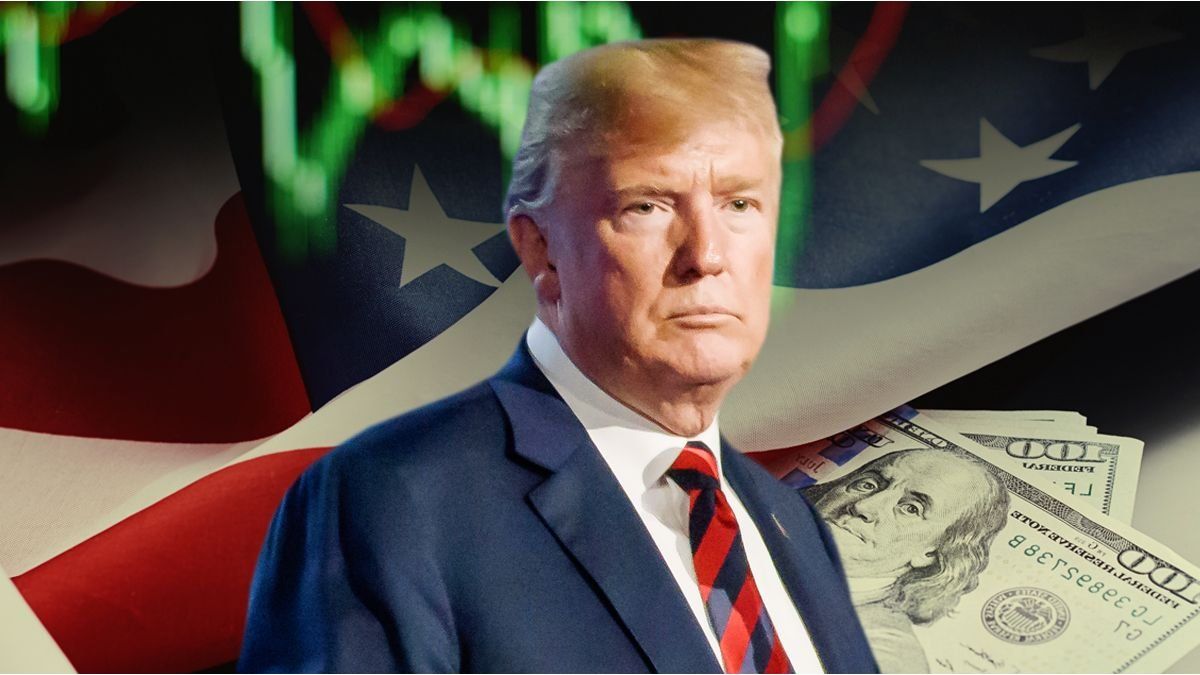For the second consecutive week, US markets opened with shocks, while investors evaluated the president’s announcement Donald Trump about what USA would implement broad scope tariffs on 25% on Mexico and Canada (With the exception of Canadian energy products, which were affected with a lower rate of 10%), along with additional 10% tariffs on Chinese products.
It should not surprise that President Trump has chosen to focus this initial offensive in the three largest sources of imported goods to the United States. However, their motivations probably vary according to the region.
He border control and fentanyl supply routes They have been cited as outstanding reasons regarding Mexico, but commercial deficits are also important for the new president. Anyway, the rapid reevaluation of tariffs on Mexico and Canada suggests that there could be a way to get out of the situation.
China, on the other hand, is a strategic rival And, as illustrated during Trump’s first mandate, the country has been indicated by the administration as a key objective in trade. Although the US trade deficit with China has improved, it is still considerable compared to other countries.
Side effects
When considering the effects of tariffs, key uncertainty is the temporal horizon during which they are probably implemented. Increases in long -term or permanent tariffs could be more harmful in terms of growth and inflation than those used as a short -term negotiation tool. Any tariff implemented is likely Drive inflationalthough this depends on what goods are affected and what is excluded.
The decision to apply a lower tariff of 10% on Canada’s energy imports has probably taken into account the inflationary impact. Any acceleration of inflation as a result of changes in commercial policy could also lead to the Federal Reserve (Fed) to maintain a break for longer or consider an increase in fees if tariffs lead to an increase in consumer prices. An inflation rate that begins with a “3” would probably cause headaches to those responsible for politics.
There would also be possible impacts on American industrial production due to directed responses, and higher inflation could press the real income of consumersalthough again the magnitude of these effects is yet to be seen.
However, there is also the subject of a possible exchange adjustmentsince countries affected by tariffs have seen a significant weakness in their coins since Trump began to gain impulse. Since the end of September, The Mexican peso, the Canadian dollar and the euro are between 7% and 9% weaker against the dollar American, which makes your assets slightly cheaper in terms of dollars, excluding the impact of tariffs.
Initial market reaction
After acute losses early last Monday, the markets of shares were partially recovered after the announcement of the Mexican president that same day, while Trudeau’s announcement occurred after the closing of the US market. The suggestion that they are possible quick reversible, in exchange for concessions, gave hope to the markets that this could be a short -term episode, although perhaps only in the case of Mexico and Canada.
Losses in US actions were headed by the technological and discretionary consumption sectors, with the obvious consequences of tariffs that mainly affected technological hardware and cars and components. The European actions They saw some of the greatest losses among the main markets. This contrasted with the futures of the Hang Seng index of China, who recovered strongly towards positive territory, indicating the degree to which negative commercial results were expected.
He dollar He saw a generalized appreciation, as expected in response to tariffs. The yields of the Bonds The US Treasury rose, since investors were concerned about the possibility of a rebound in inflation and a possible response from the Fed. In contrast, the yields of the long -term bonds fell while investors adjusted their expectations on the possible negative impact on growth if a more aggressive commercial policy is maintained or if the current situation is scale.
The ads received rapid criticisms from the entire business and political communityincluding within the Republican Party. Any pressure due to a market drop and internal restlessness can be key to forcing a viable resolution. However, we cannot rule out the risk of a possible escalation elsewhere, since The European Union is probably preparing for a renewed commercial conflict.
Other countries, such as Japan, Vietnam, Korea and TaiwanThey also have large commercial deficits with the US and could be indicated if the balance between imports and exports is really the core of the matter.
The new US administration has repeatedly indicated that commercial policy is, once again, an active tool to impose its international agenda. Investors seemed to have closed their ears so far, but they are probably listening more attention now.
Wallet manager at Janus Henderson.
Source: Ambito
David William is a talented author who has made a name for himself in the world of writing. He is a professional author who writes on a wide range of topics, from general interest to opinion news. David is currently working as a writer at 24 hours worlds where he brings his unique perspective and in-depth research to his articles, making them both informative and engaging.




